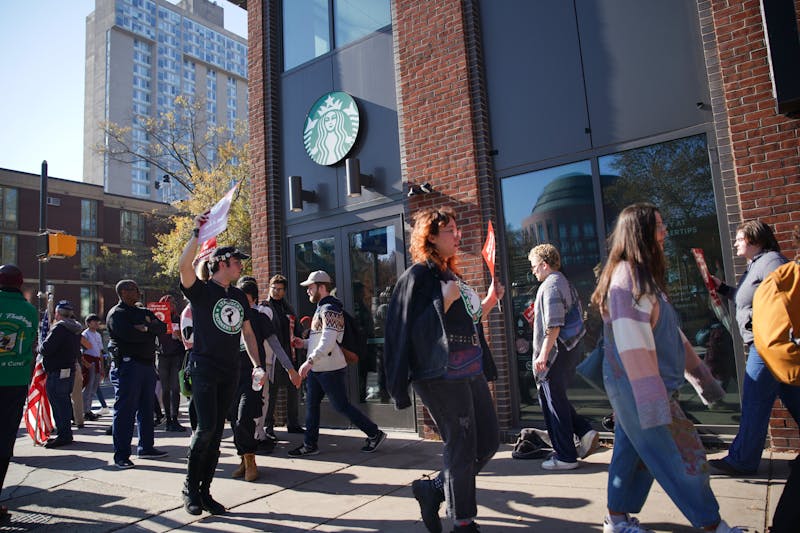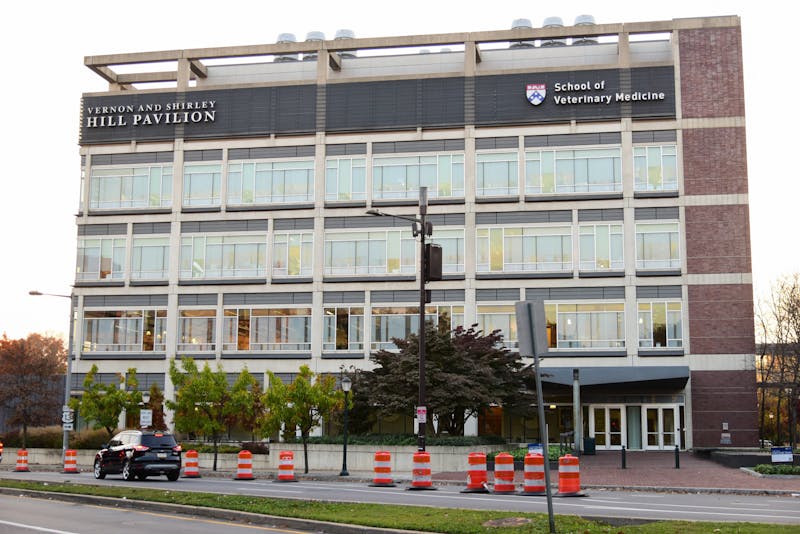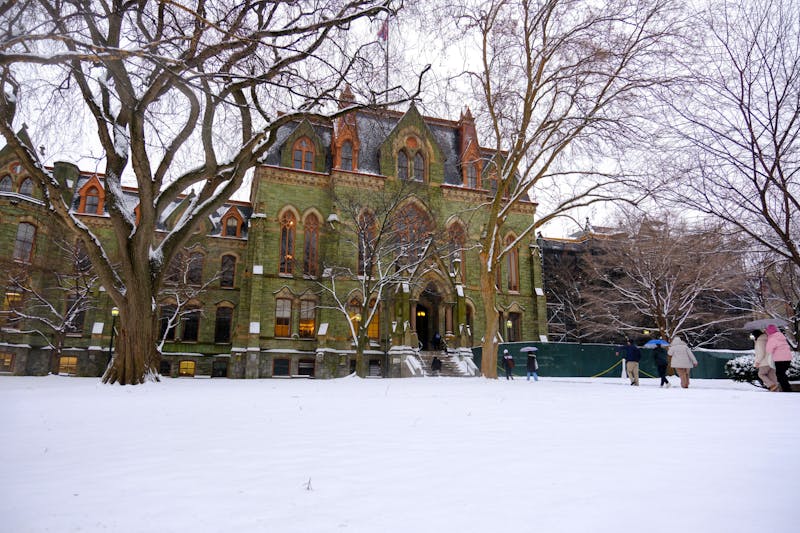
The Penn RA union filed a surface bargaining complaint against the University with the National Labor Relations Board on March 11, citing persistent delays and disrespect from Penn's negotiating team.
A petition with almost 400 signatures describes “endless delay tactics and disrespect” during the negotiation process. It calls on Penn to respond to RA demands, which include fair compensation — with room, a meal plan, and a stipend that does not impact their financial aid — and "good faith bargaining" to complete negotiations by May 14.
A University spokesperson confirmed that Penn has received the charge.
"Penn has been bargaining in good faith and will continue to do so in negotiations with the union," the spokesperson wrote.
In September of last year, Penn residential advisors and graduate residential advisors overwhelmingly voted to form a union. On Oct. 6, the NLRB certified the election and the RA union was able to begin negotiations with the University.
Negotiations between the RA union and Penn started well, according to Office and Professional Employees International Union Local 153 business manager John Edmonds. Recalling the first meeting in December 2023, Edmonds explained that the union "agreed to six articles, which, in context, is huge, like you'd never get that done in that timeframe.”
Much of the stalling, according Edmonds and graduate RA in Gregory College House Meg Gladieux, is related to negotiations over compensation and room and board. The current tentative agreements reached concern definitions and RA duties.
Since then, RAs have noticed a change in negotiating tactics by the university.
“We would see them come into meetings sometimes an hour and hour and a half late,” College senior and RA Conor Emery said.
At the last meeting on March 14, two more tentative agreements were made, additional negotiation dates were added, and the frequency of negotiations was moved up from every two weeks to every week.
“As of now, we have eight tentative agreements out of about 25 proposals, but it hasn't been very productive. And that's been frustrating,” Gladieux said.
Emery recalled an interaction from the meeting with the lawyers representing the University, where he felt insulted by their approach.
“They basically told the RAs present when rewriting a proposal, with different language, to not try and make it sound like a contract … it was insulting our ability to write the contracts,” he said.
Edmonds now believes that the University is “negotiating in bad faith.”
“The lawyers who are representing Penn say that they're waiting on people from financial services to get back to them on that,” Gladieux said. “And that is a key part of what we want to accomplish. We can't have a contract without agreement on the terms of compensation."
While the union hopes to finish negotiating by May 14, OPEIU Local 153 organizer Scott Williams previously told The Daily Pennsylvanian that negotiating over summer months is typically more difficult.
The petition, which will be sent to Interim Penn President Larry Jameson and Provost John L. Jackson, Jr., reiterates their demands of “fair compensation” and to finish negotiations by the end of the semester.
In September, RAs overwhelmingly voted to unionize in a 142-22 vote. The vote was a result of a months-long process that began in March of 2023, when a supermajority of RAs and GRAs filed to unionize.
Other institutions like Tufts University, Barnard College, and Fordham University are also engaged in similar negotiations with RAs, and Edmonds — who is involved in negotiations at the schools — says that the challenges at the other schools are similar.
The Daily Pennsylvanian is an independent, student-run newspaper. Please consider making a donation to support the coverage that shapes the University. Your generosity ensures a future of strong journalism at Penn.
Donate









